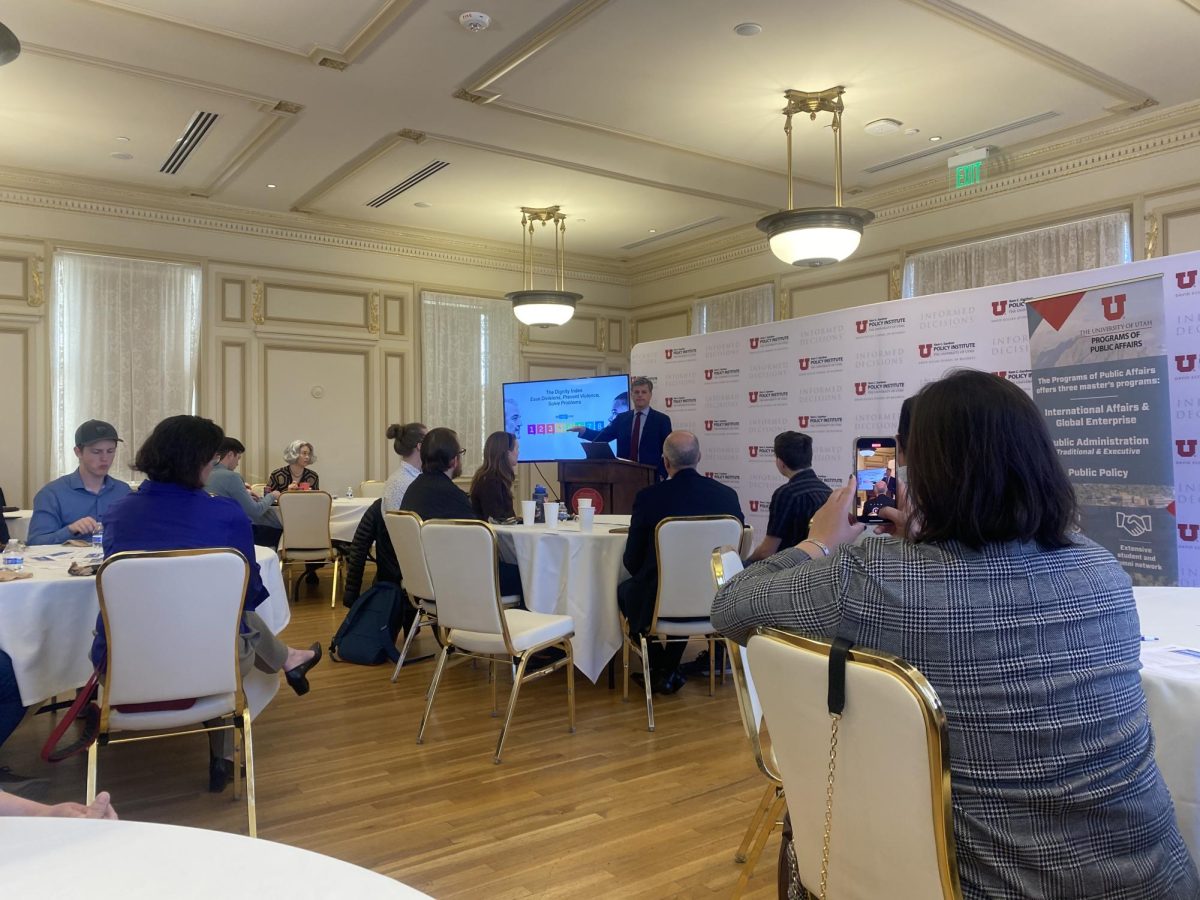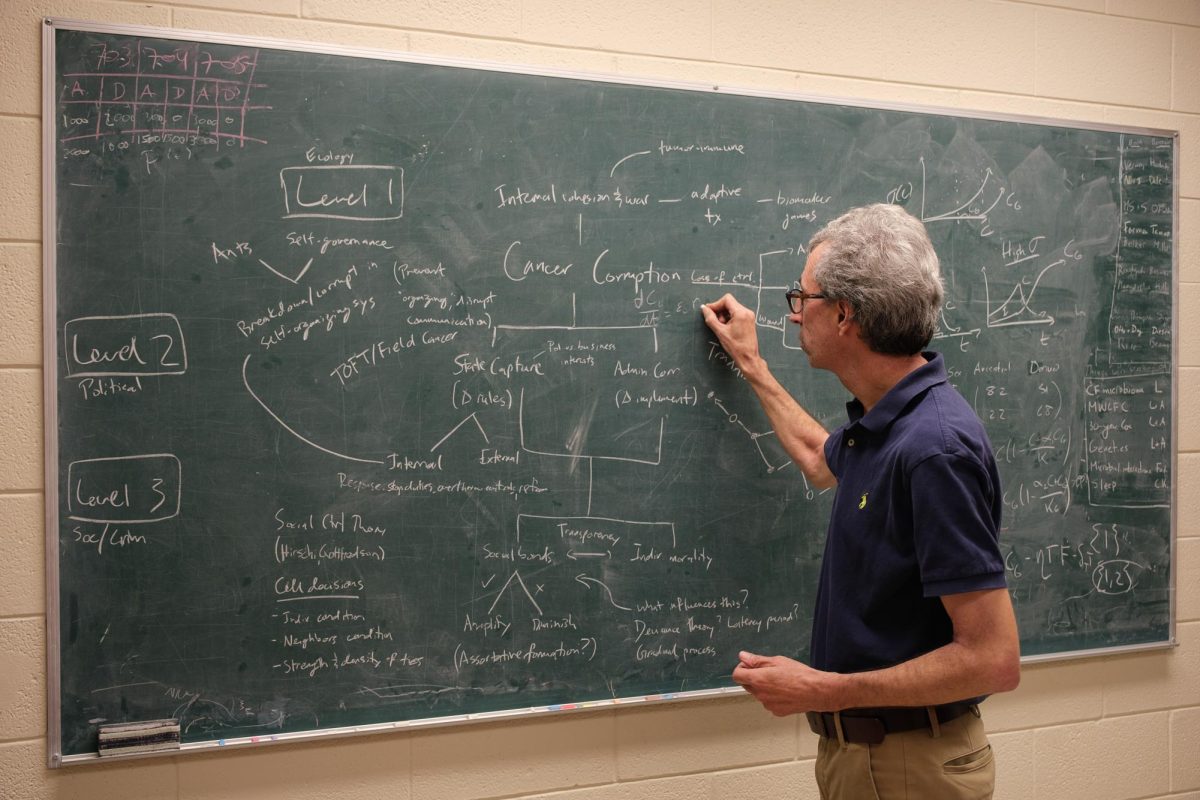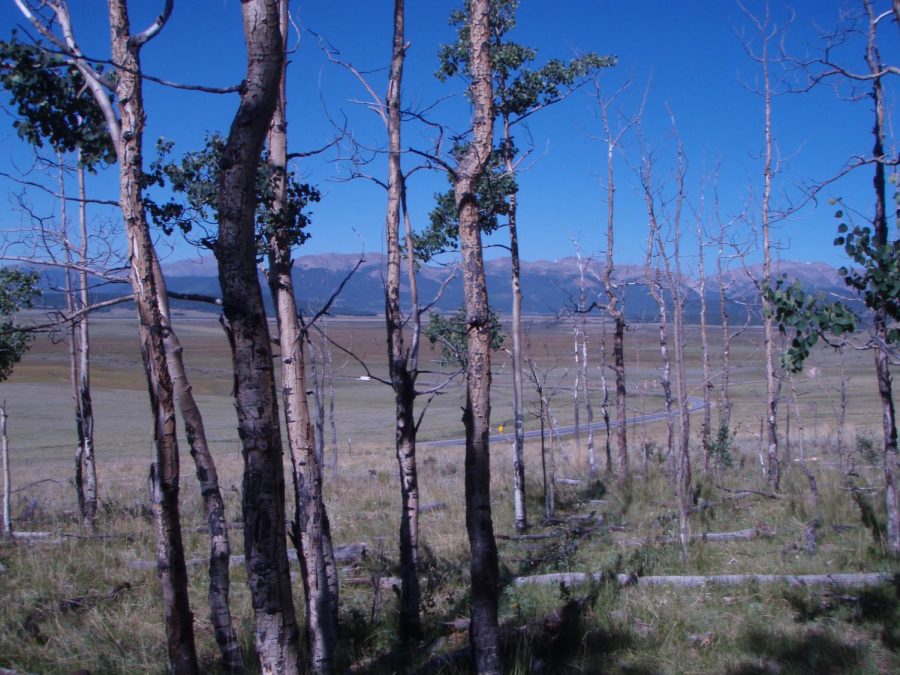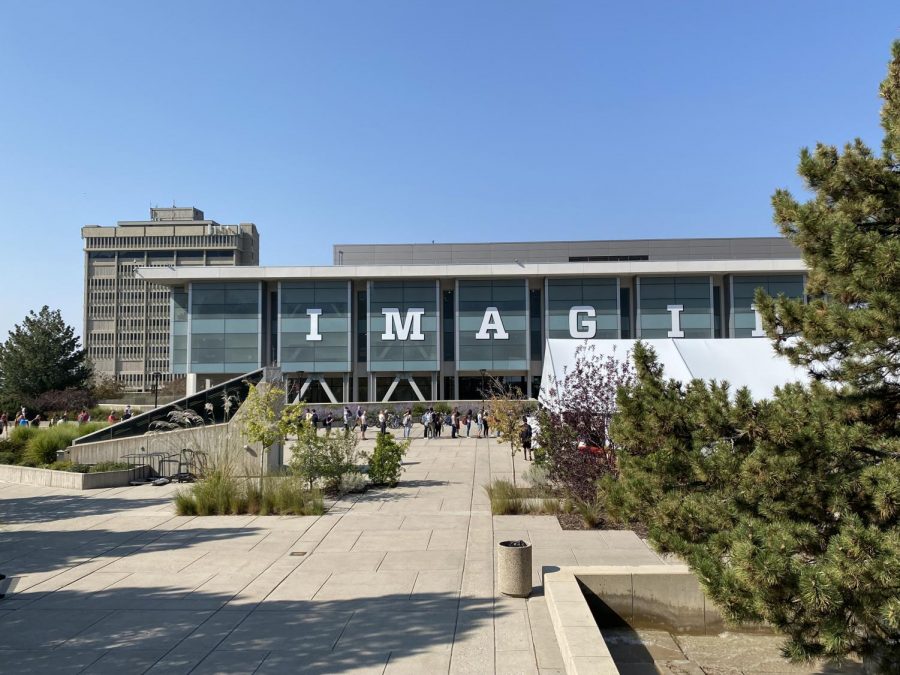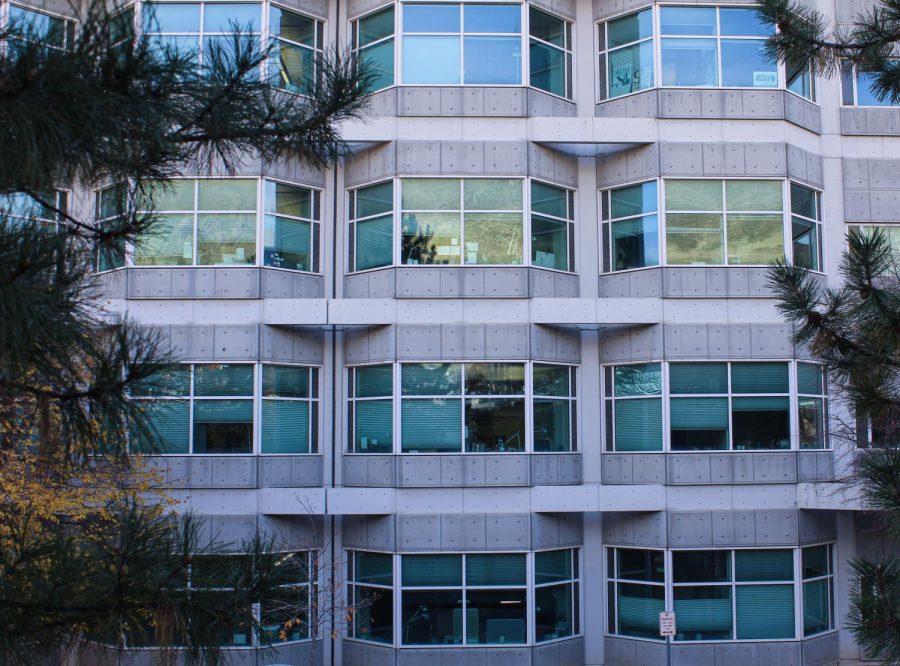Chemical engineering research professor Dolly Chitta is working to develop a hybrid multifunctional catalyst to reduce the number of industrial processing plants.
Chitta, a new member of U faculty, has worked as a federal contractor doing high-risk, high-payoff research for over five years. Her work has been acknowledged by U.S. energy secretary Ernie Moniz, and her most recent project will reduce the process in industrial settings to a single catalyst, where there would normally be three.
The impact on the environment could be bigger than taking public transit, or reducing time spent in the shower.
“[With this development], there is an 80 percent reduction in greenhouse gases which cause climate change,” Chitta said. “The carbon footprint is reduced, and the environment is protected.”
Additionally, the cost required to build a power plant and operating expenditure will be reduced, making this hybrid catalyst more efficient.
Chittasaid the traditional synthetic lubricant process is fossil or crude oil-based, while her process uses renewable biomass. Working with research assistant McKenna Buck, a junior in chemical engineering, the team plans to test their catalyst performances over next few months.
Currently, no integrated system similar to Chitta’s exists.
Professor and chair of the department of chemical engineering, Milind Deo, said initiatives like this are important.
“These are promising processes for converting biological or waste feedstocks into useful chemicals,” Deo said.
Because Chitta and Buck are still in the testing stages, they have not seen an immediate reward for their hard work. However, Chitta said she hopes to see a payoff in the future.
“By protecting our environment,” Chitta said, “we protect ourselves,”
@katie_buda









